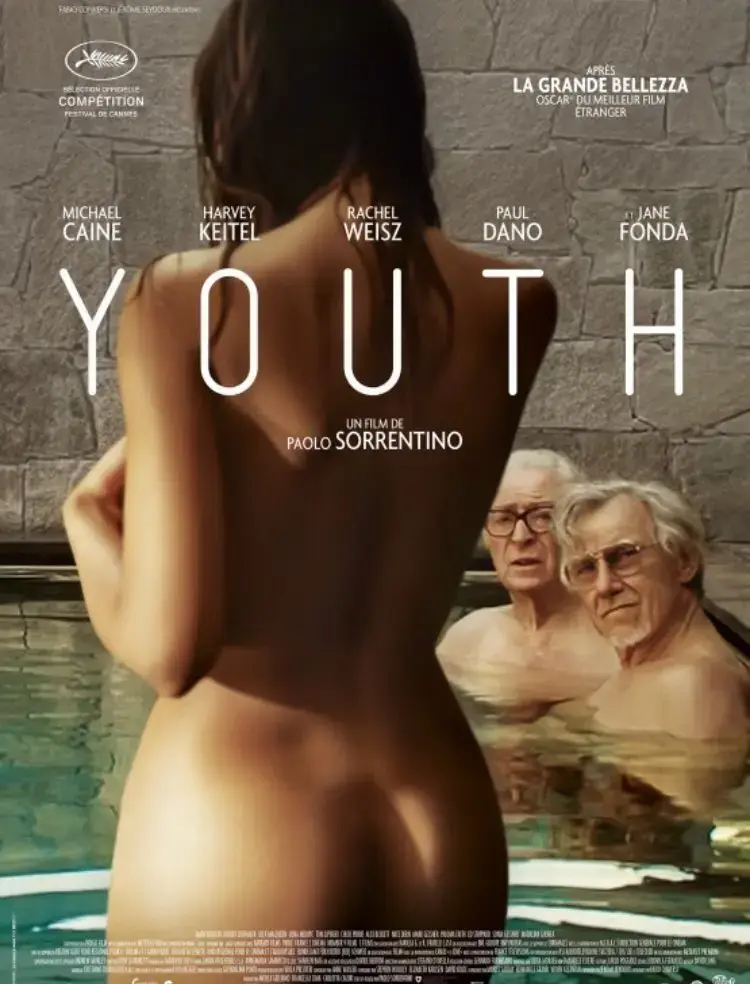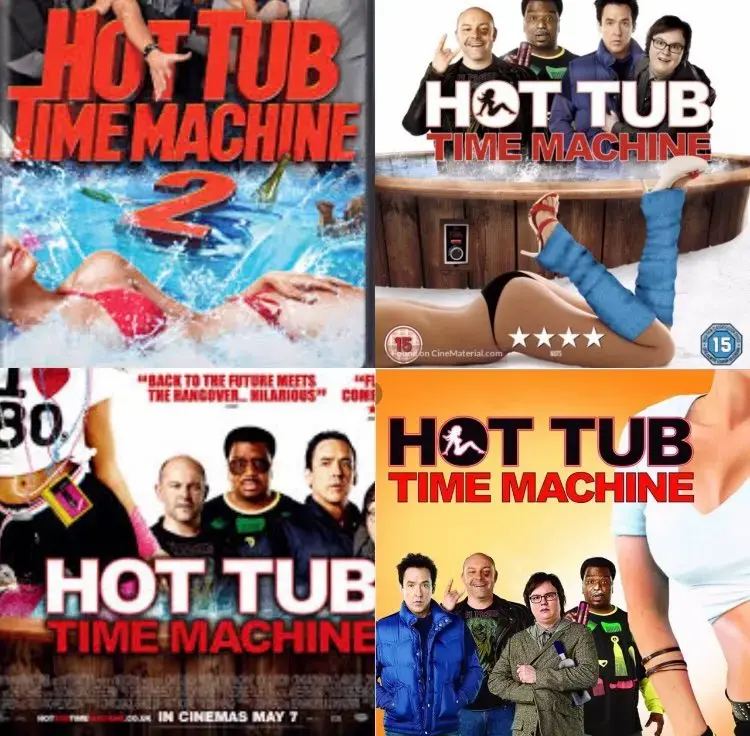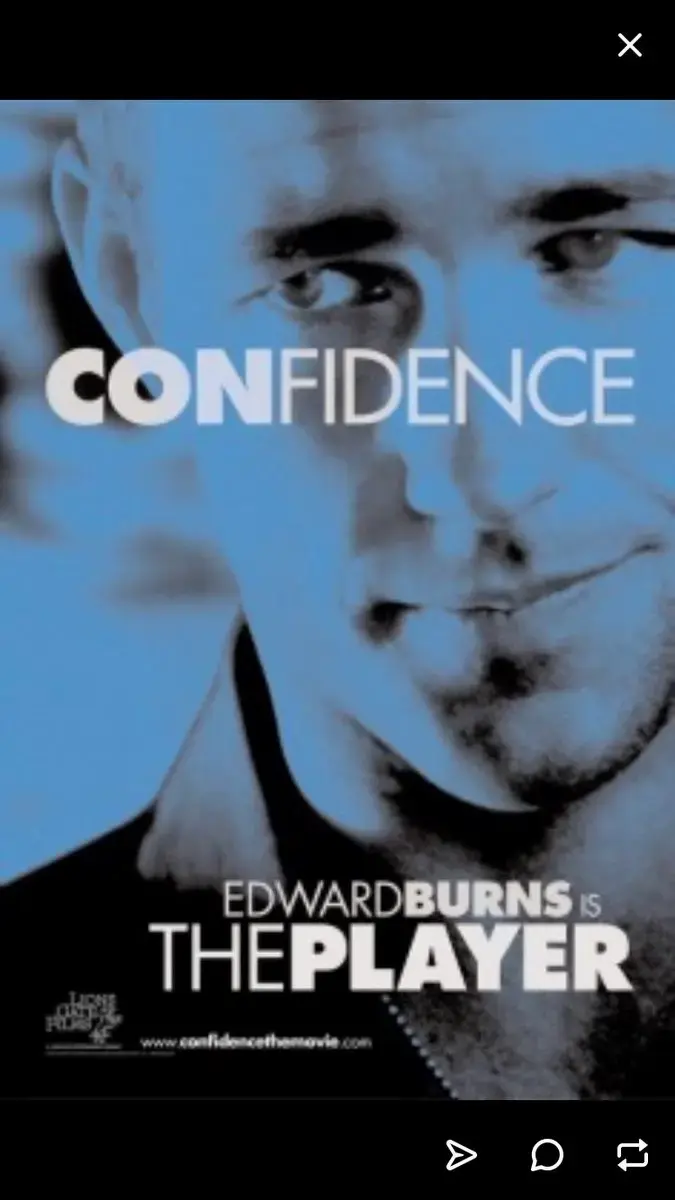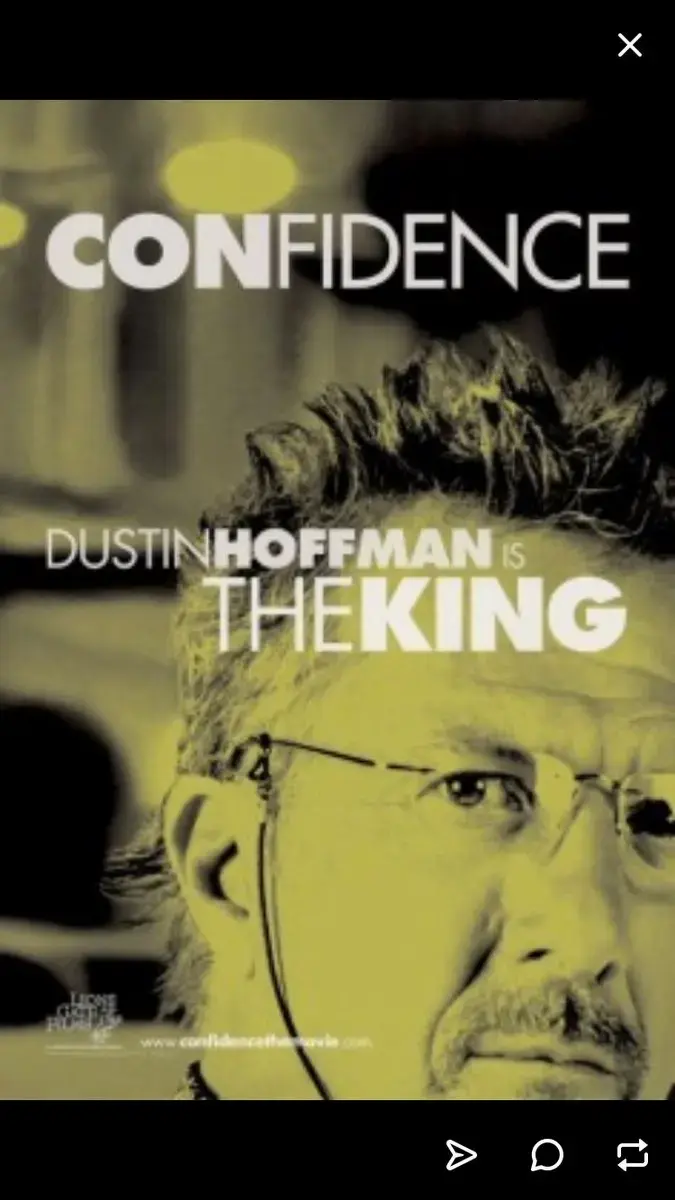
The 'headless woman' is a recurring trope in movie posters and it's shockingly sexist
By Mustafa GatollariOct. 11 2024, Updated 7:21 p.m. ET
I recently watched Forgetting Sarah Marshall and wasn't surprised by how much the movie made me laugh - I knew it was hilarious.
What I was surprised with just how much better the script was than I remembered it. The film isn't just a "revenge against the ex-girlfriend" movie, Sarah Marshall's (played awesomely by Kristen Bell) character has some really great moments in the film, especially her monologue when she opens up about trying to make a failed relationship work.
I was really touched by the movie when I didn't think I would be, especially the second time around (maybe because I'm getting soft in my old age) and tried racking my brain as to why it felt so different from other raunchy, getting-back-at-the-ex movies I've seen. And I think it has to do a lot do with the @HlywoodHeadless project that twitter user @MarciaBelsky started.
The objectification of women in Hollywood is sadly nothing new. Female characters are often reduced to just lamenting or commenting about men in movies where romantic relationships are side-plots, or they're written so blandly that it's hard to care about them. They're more akin to props than characters with issues that need to be resolved.
But, as Belsky points out, the dehumanization of female characters and women in general aren't just perpetuated with lame scripts, the objectification is actually a huge part of movie marketing campaigns.
Namely, the "Headless Women."



Belsky posted tons of examples from movies, both recent and old, that use women's bodies, with their faces or heads completely missing.
Do they matter as people? Do you care about their feelings? Or are they just sexual fixtures used as means of putting butts in seats and advancing the plot for male characters?
Movie posters aren't the only ads that are guilty of the "headless women" trope.
Now you could chalk it up to the genre of films that Belsky is posting. They're raunchy comedies that focus primarily on sex and men doing inappropriate/lewd things and engaging in all sorts of "boys will be boys" shenanigans.
But what about films that use a similar poster aesthetic to sell their movies, only to treat female characters completely differently?
Case in point: Confidence.
Whole-face Edward Burns.

Hey Andy Garcia nice to see your eyes and nose.

Dustin Hoffman! Great to see you buddy.

Rachel Weisz! Glad to know you still have lips and cleavage?

Even in films where female characters are the absolute focus of the movie, women still can't catch a break.
There's also this charming piece of promotional material.
If you look at these different posters for Kingsman: The Secret Service, you'll notice that every character in the film, yes, even the dog, gets to have its face shown on the poster. But the knife leg spy, a major character in the movie? Yeah, she's just legs, a butt, and a gun and glass of whiskey.
Turns out the "back of a woman" is its own sub-trope as well.
There are too many examples to count.
Belsky perfectly sums up what's so troubling about these posters and the message it sends to women everywhere.
It's that who you are doesn't matter. You're a tool used for someone else, and that's all you'll ever be.
A terrible lie, at the end of the day, but one that is constantly being reinforced nonetheless.
Editor's Note: The article was originally published in June 2020. It has since been updated.
